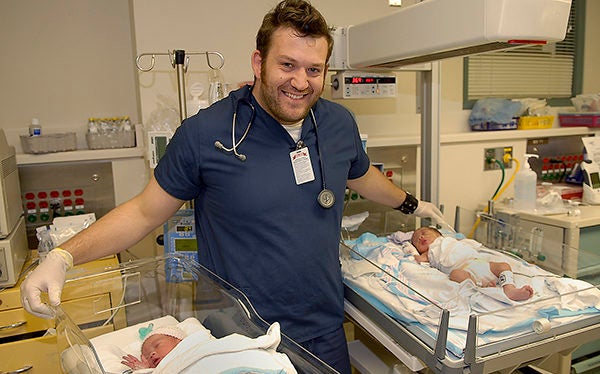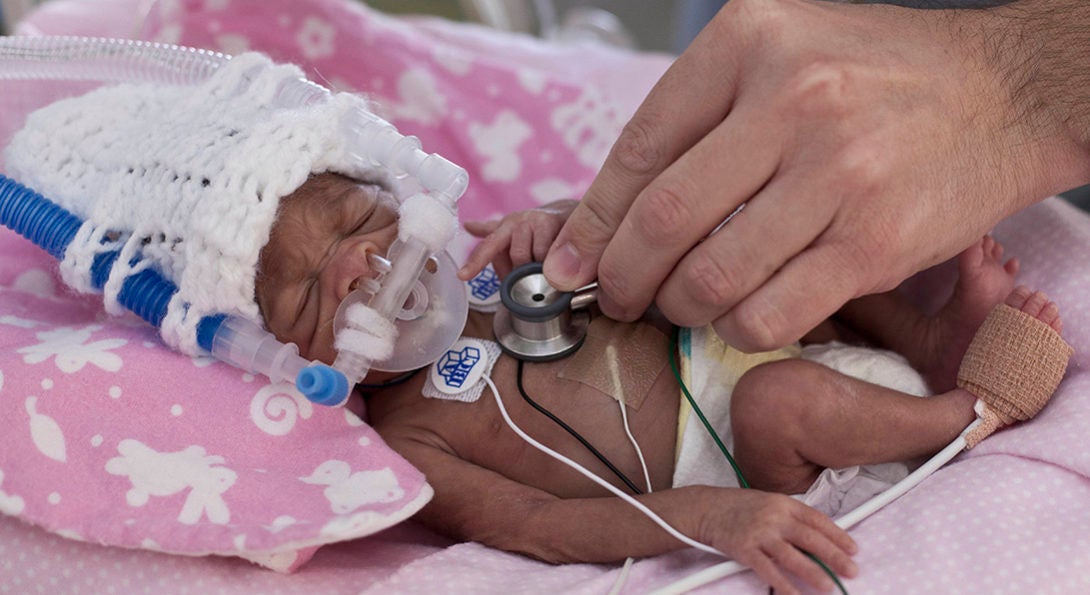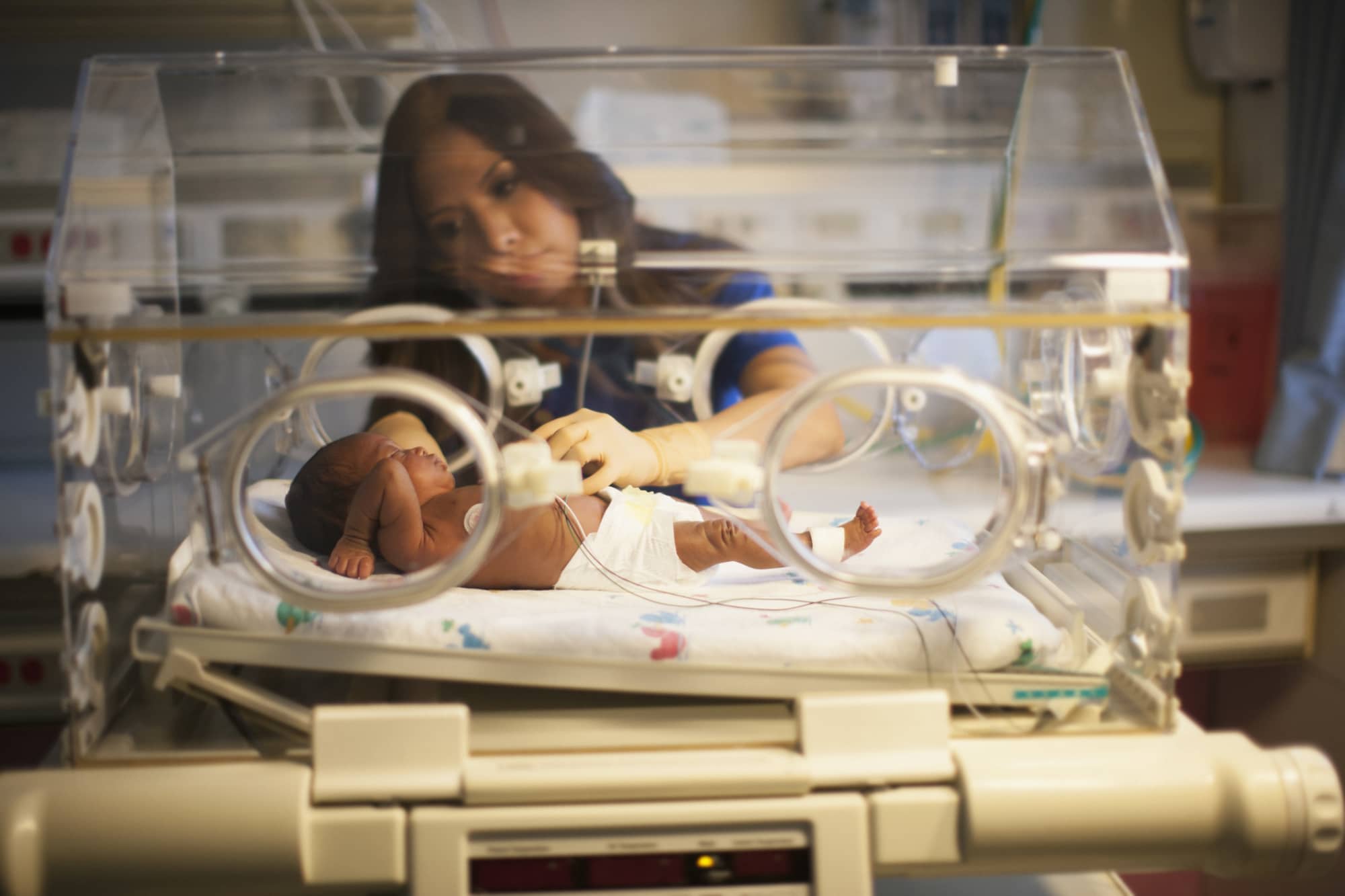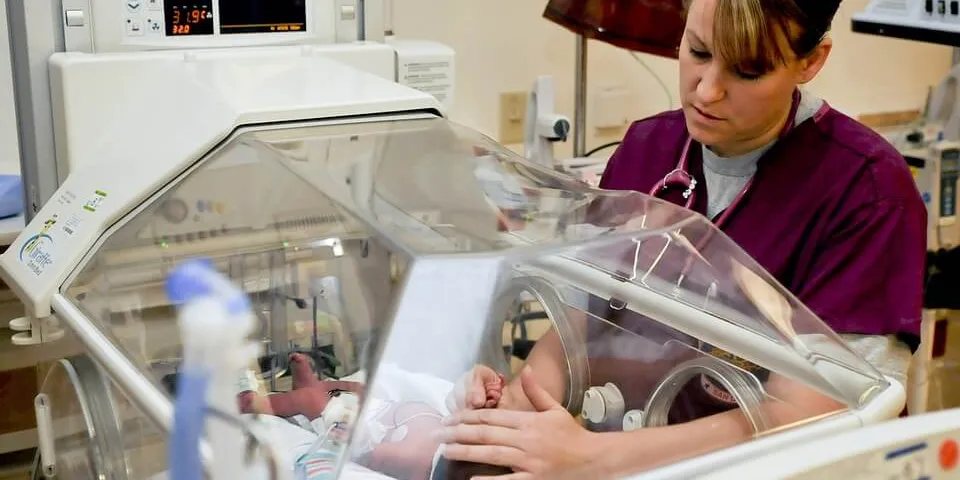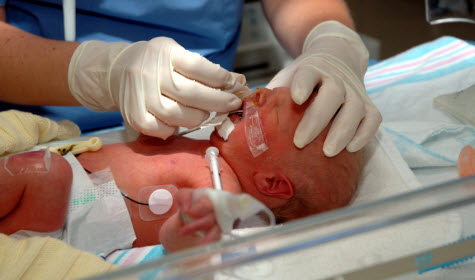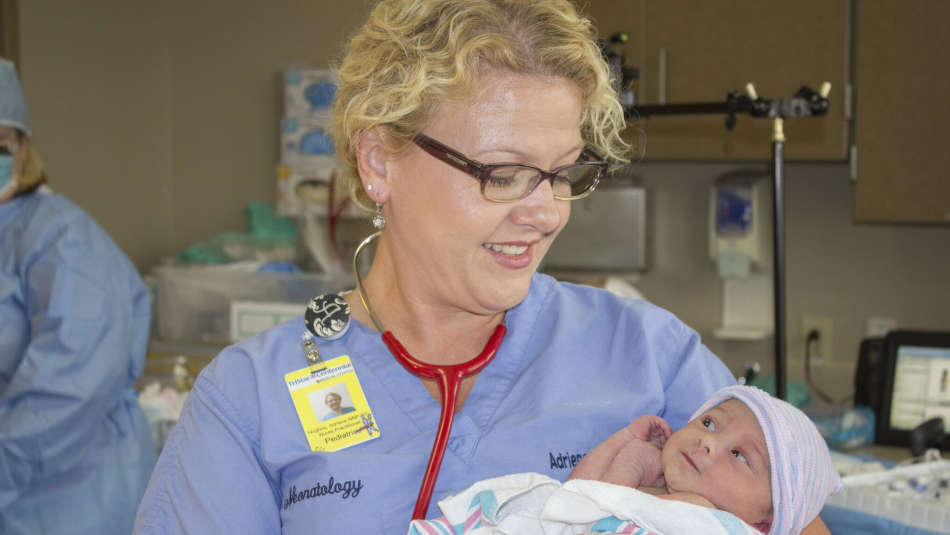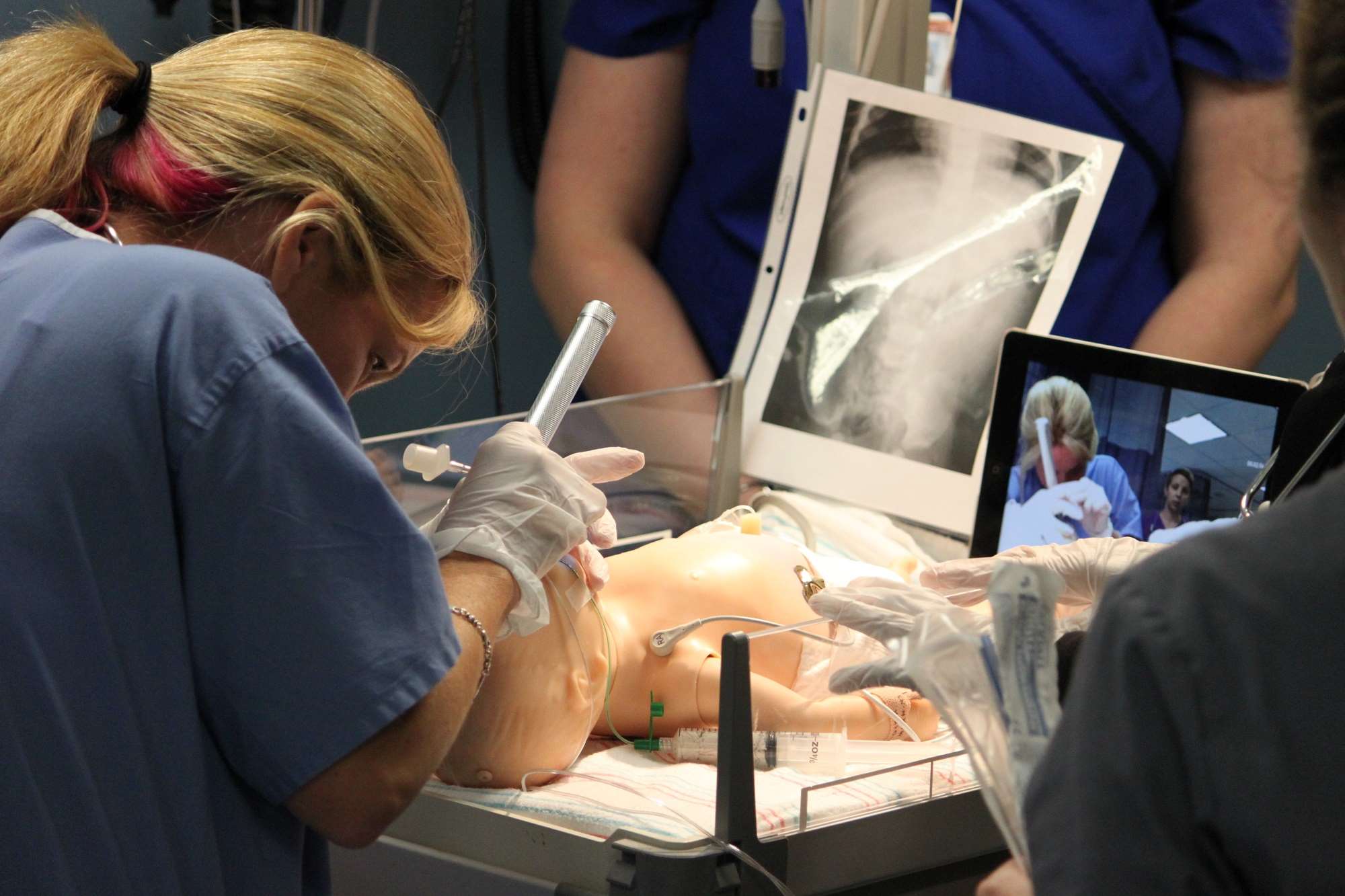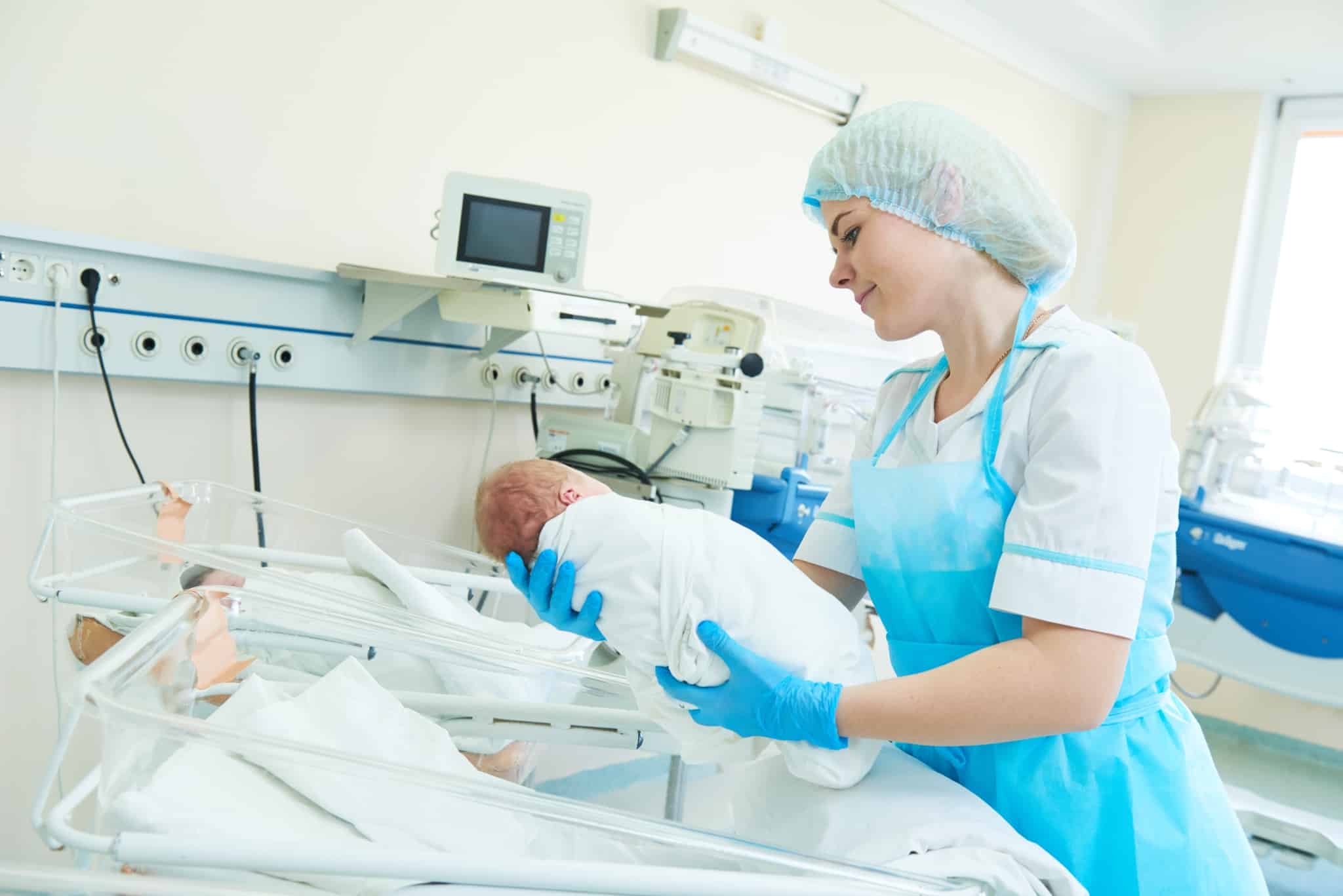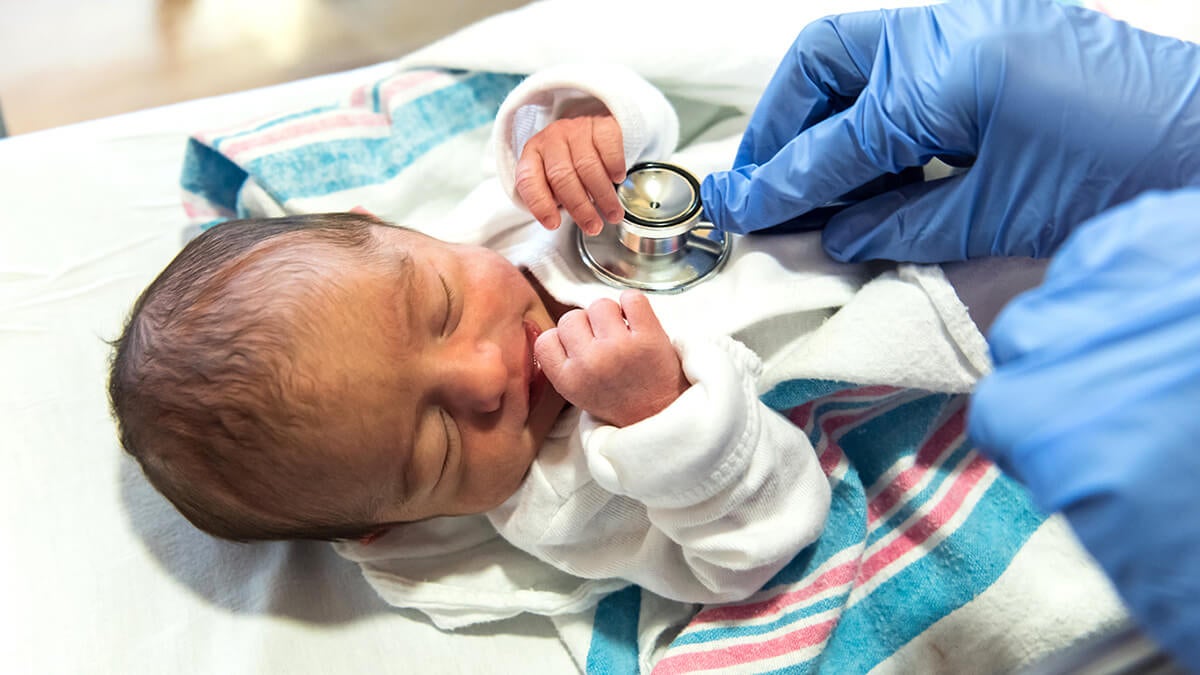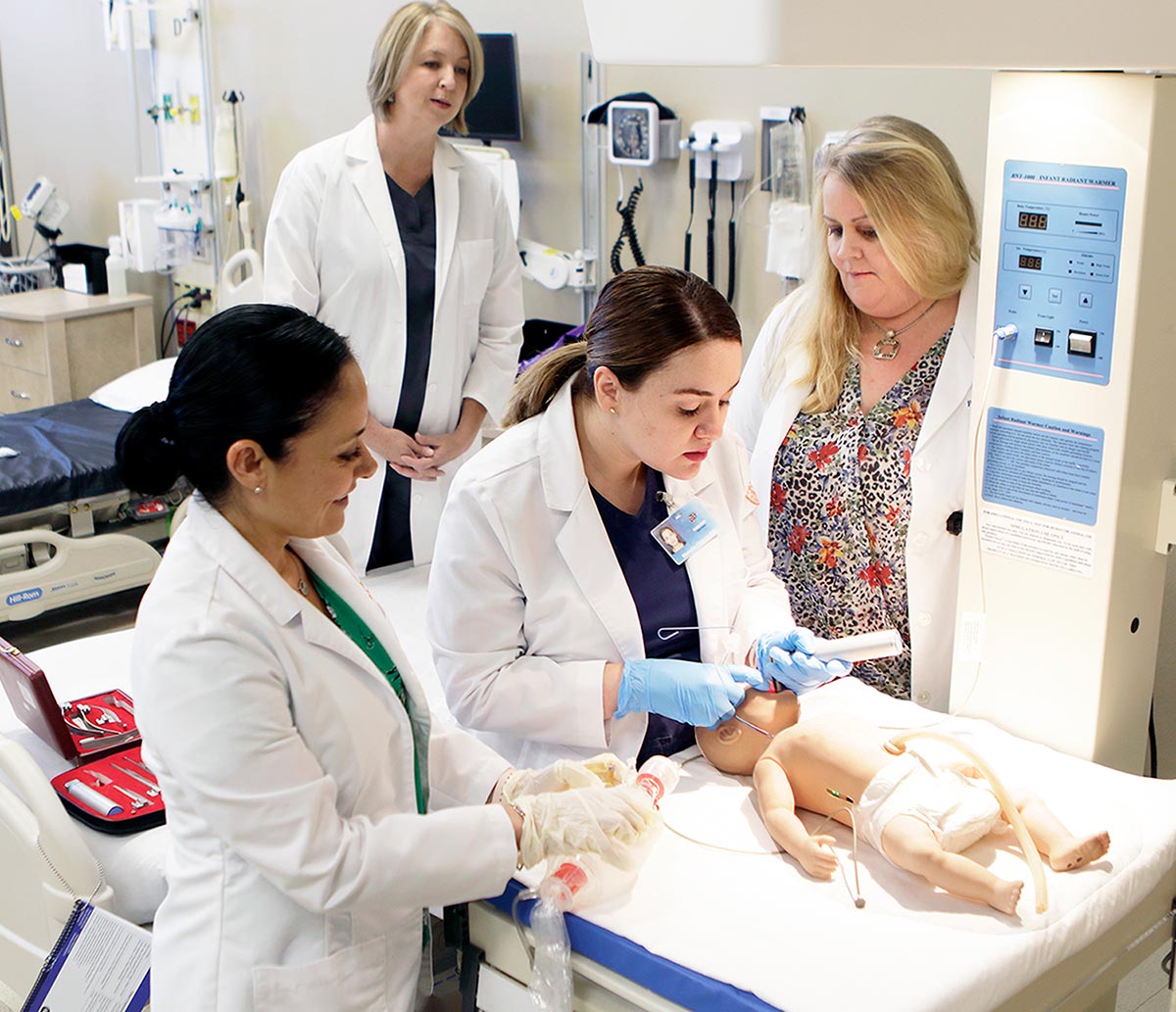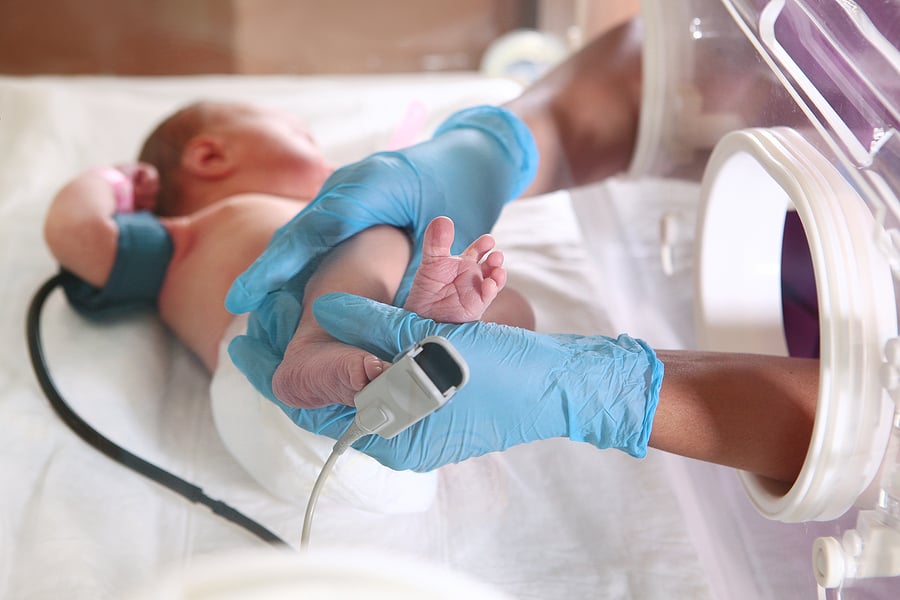Cool Tips About How To Become A Neonatal Nurse Practitioner

To be eligible for the neonatal nurse practitioner certification, individuals need to have met the following requirements prior to applying:
How to become a neonatal nurse practitioner. If you want to become an nnp, you should create a plan to get a good education and relevant experience. Ad chamberlain university is ready to help you continue your education with our np tracks. A neonatal nurse is a registered nurse that works in the nicu and works under the supervision of physicians and neonatal nurse practitioners.
They must hold a valid, unencumbered registered nurse. To become a neonatal nurse, either an associate's degree in nursing or bachelor of science in nursing (bsn) is required. It's also required to become licensed.
This can be done by passing. Right here on collegelearners, you are privy to a litany of relevant information on neonatal nurse practitioner schooling years, neonatal nurse practitioner programs, neonatal. The following steps will help you become a neonatal nurse practitioner.
A bachelor of science in nursing is your first step toward becoming an nnp. To become an nnp, you must first be a registered nurse with an active, unencumbered nursing license. Those who want to become neonatal nurses need to start by earning a bachelor of science in.
Take advantage of our preceptor matching service, a chamberlain university exclusive. Aspiring neonatal nurses must first earn an associate degree in nursing (adn) or a bachelor of science in nursing (bsn). Hold a current and unrestricted rn license have.
How to become a neonatal nurse practitioner. Steps to become a neonatal nurse practitioner. If you're interested in becoming a neonatal nurse practitioner, one of the first things to consider is how much education you need.
How to become a neonatal nurse practitioner: Ad chamberlain university is ready to help you continue your education with our np tracks. Rns who earn a bachelor’s degree gain comprehensive training in practical nursing and clinical.
Take advantage of our preceptor matching service, a chamberlain university exclusive. We've determined that 47.3% of neonatal.
